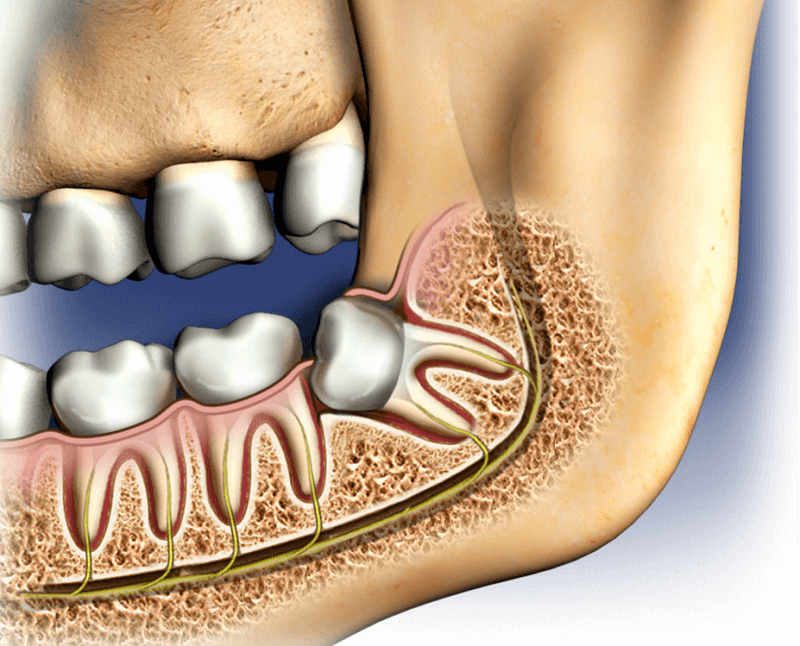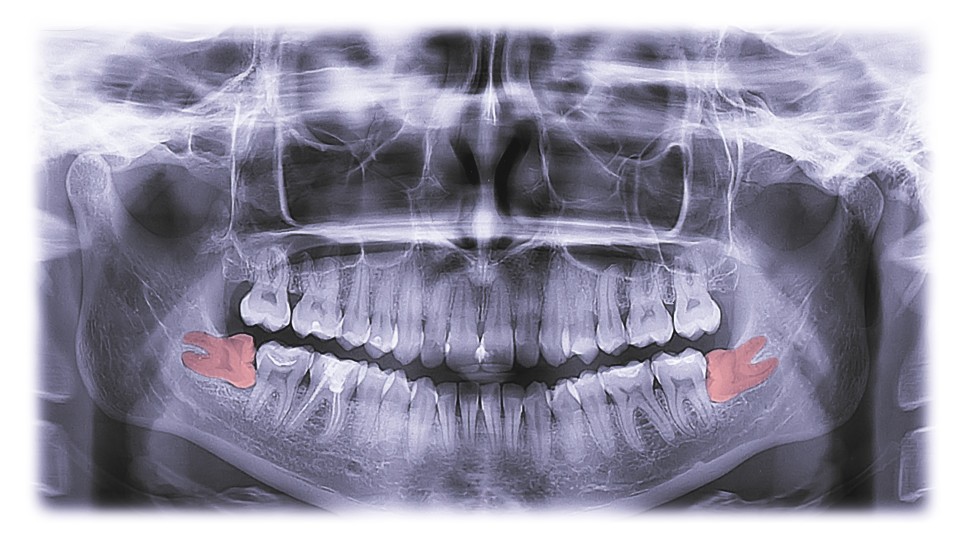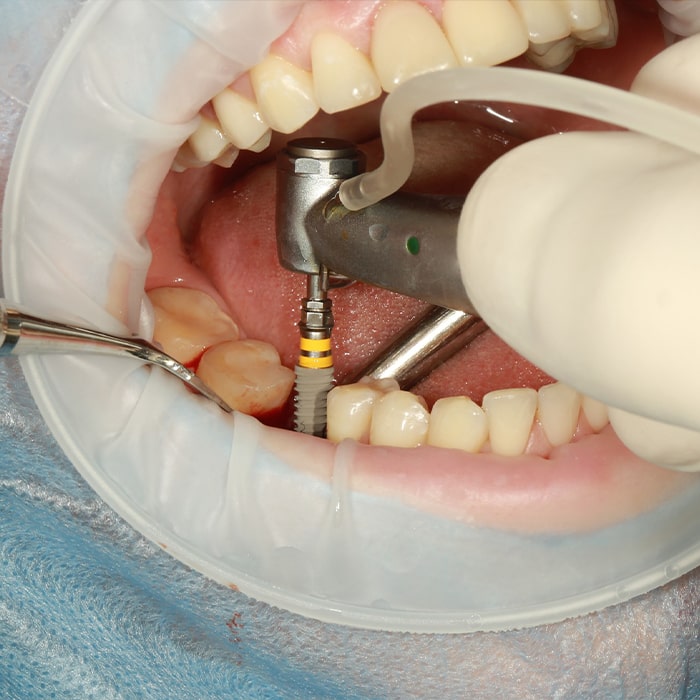Understanding the Process of Wisdom Teeth Removal Aspendale: A Comprehensive Introduction
Understanding the Process of Wisdom Teeth Removal Aspendale: A Comprehensive Introduction
Blog Article
Exploring Various Sedation Options for a Comfortable Knowledge Pearly Whites Removal Experience
When faced with the prospect of having knowledge teeth removed, making certain a comfy and pain-free experience is paramount. The use of sedation during such treatments has ended up being increasingly common to reduce anxiety and discomfort. With a range of sedation choices offered, from regional anesthesia to basic anesthetic, each technique offers differing levels of relaxation and discomfort control. Comprehending the distinctions in between these options and their viability for private demands is crucial in making certain a smooth and comfy knowledge teeth extraction procedure. wisdom teeth removal aspendale.
Local Anesthetic
Local anesthesia is a frequently made use of approach for numbing specific areas of the mouth during wisdom teeth extraction treatments. By carrying out a neighborhood anesthetic, such as lidocaine, a dental professional can make certain that the patient remains pain-free and comfy throughout the removal procedure.
Among the key advantages of local anesthesia is its targeted numbing effect, which means that only the specific location being dealt with is influenced. This local technique lessens the threat of systemic adverse effects and permits for a quicker healing post-procedure. In addition, regional anesthesia is thought about to be a routine and risk-free practice in dentistry, with minimal threats entailed when carried out by a skilled specialist.
Laughing Gas
Laughing gas, typically called laughing gas, is a type of sedation frequently used in dental care to aid individuals kick back during oral treatments. It is a risk-free and effective method that involves breathing in a combination of laughing gas and oxygen via a mask put over the nose. Among the crucial benefits of laughing gas is its quick onset of activity, usually within mins, giving nearly instant leisure for the individual. This sedation choice allows the individual to remain aware and responsive throughout the treatment while feeling comfortable and comfy.
Additionally, nitrous oxide is recognized for its quick healing time. As soon as the mask is removed, the results of the gas subside promptly, allowing people to resume their normal activities without sticking around sedative effects. This makes nitrous oxide a hassle-free choice for those that require to drive themselves home after the dental visit. Nitrous oxide is suitable for people of all ages, making it a flexible sedation choice for wisdom teeth extractions and various other oral treatments.
Dental Sedation
Dental sedation, a medicinal approach used in dental care, entails the management of sedative drugs by mouth to generate a relaxed state during dental treatments. This type of sedation is typically made use of for patients going through wisdom teeth extraction to ease stress and anxiety and discomfort. The medications prescribed for oral sedation come from a course of medications called benzodiazepines, which have sedative, anxiolytic, and amnesic residential or commercial properties. Generally, the client takes the prescribed drug prior to the procedure, allowing ample time for the sedative results to hold.
Unlike intravenous sedation, dental sedation does not require injections or needles, making it a much more comfy option for people with a worry of needles. Furthermore, dental sedation is thought about efficient and risk-free when carried out by skilled dental professionals.
IV Sedation
Provided intravenously by skilled medical specialists, IV sedation is an effective approach utilized to cause a controlled state of deep leisure and unconsciousness during oral treatments. Unlike oral sedation, which can be unforeseeable in its effects, IV sedation enables exact control over the degree of sedation, making it an excellent option for complex treatments like knowledge teeth removals.
During IV sedation, a sedative medicine is delivered directly into the bloodstream with a capillary, enabling it to work rapidly and efficiently. This approach makes sure that the individual continues to be not aware and comfy of the treatment while still preserving crucial functions such as breathing and heart price.
One of the key benefits of IV sedation is its ability to give a much deeper degree of sedation contrasted to other approaches, making it particularly suitable for patients with high degrees of anxiety or those undertaking extensive oral work (wisdom teeth removal aspendale). Furthermore, the effects of IV sedation normally subside gradually after the treatment, decreasing the likelihood of grogginess or sticking around adverse effects. In general, IV sedation offers a reliable and risk-free option for making certain a comfortable and stress-free experience during knowledge teeth removal

General Anesthetic
Having discussed the advantages of IV sedation for wisdom teeth extraction, the application of basic anesthetic gives a different choice for clients requiring a much deeper level of unconsciousness throughout dental treatments. General anesthetic induces a regulated state of unconsciousness, making sure the client really feels no discomfort or discomfort throughout the removal process. This approach is especially useful for people with extreme dental anxiety, complicated surgical needs, or those undertaking numerous removals all at once.
General anesthetic is carried out by a skilled anesthesiologist that closely monitors the client's important wisdom teeth removal aspendale indicators throughout the treatment. It involves the use of intravenous medicines or breathed in gases to generate a state of unfamiliarity. While under basic anesthesia, the patient will not be conscious of the surgical treatment, experience any kind of pain, or have any recollection of the procedure afterward.
Although general anesthesia is safe when administered by qualified professionals, it brings a slightly higher danger compared to other sedation choices - wisdom teeth removal aspendale. Clients thinking about basic anesthetic for wisdom teeth extraction must go over the possible dangers and advantages with their dental practitioner or dental doctor to make Get More Information an educated choice based upon their private requirements and medical history

Final Thought
To conclude, different sedation choices are offered to guarantee a comfortable wisdom teeth extraction experience. Local anesthetic is generally made use of for numbing the specific location, while laughing gas offers relaxation and discomfort alleviation. Oral sedation and IV sedation offer much deeper levels of leisure, relying on the individual's requirements. General anesthetic can be used for much more complex instances. It is very important to talk to your dentist or dental specialist to identify one of the most appropriate sedation option for your treatment.
Nitrous oxide is appropriate for patients of all ages, making it a flexible sedation alternative for wisdom teeth removals and other oral treatments.

Report this page